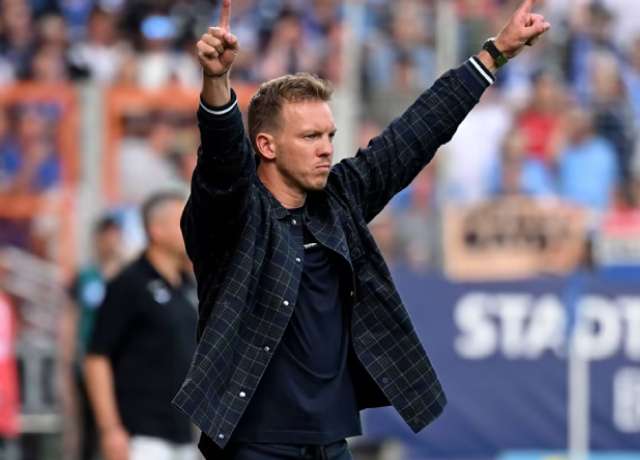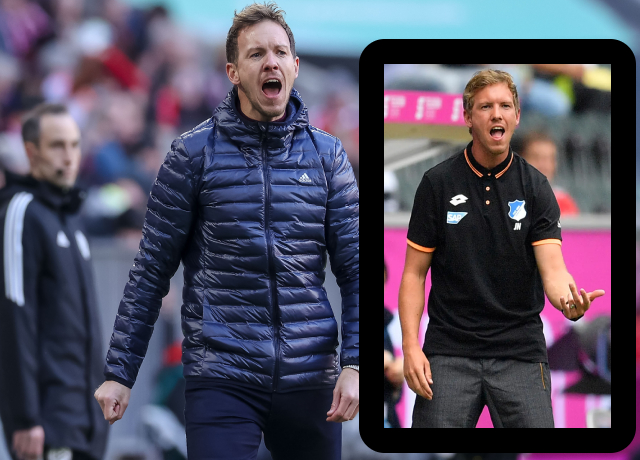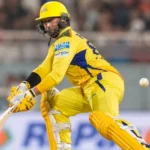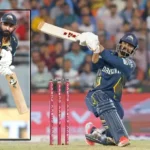Julian Nagelsmann’s approaches may appear difficult at first, but they are certain to produce results
As a black cloud hangs over Germany following a succession of forgettable performances in the last three international championships, the Deutscher Fußball-Bund (DFB) has chosen former Bayern Munich coach Julian Nagelsmann as the national team’s manager until Euro 2024, which will be held on home soil.
Nagelsmann will take over for Hansi Flick, another former Bayern Munich coach. Flick had started well in the post, winning eight of his first eight matches, but he eventually succumbed to the same ailment that had dogged his predecessor Joachim Low.
Germany was unable to penetrate the opposition’s defenses, while their own backline became increasingly vulnerable to attacking threats.
One of the most serious issues they confront is a lack of a proper number 9, something that incoming manager Nagelsmann will be all too familiar with.
After Robert Lewandowski left for Barcelona, he was left without a recognizable centre striker throughout his time as Bayern manager. He would try Sadio Mane, Thomas Muller, Serge Gnabry, and finally Cameroonian striker Eric Chupo Moting to fill the need.
Nagelsmann will have Niclas Füllkrug at his disposal in the German system, a decent striker but already 30 years old and only a short-term answer at best. However, given that the Euro is less than a year away, it’s safe to assume that Füllkrug is Germany’s best bet in Nagelsmann’s favored 4-2-3-1 formation.
Nagelsmann has an embarrassment of resources to select from behind Füllkrug, with core Bayern players like Jamal Musiala, Muller, Gnabry, and Leon Goretzka, as well as Barcelona’s Ilkay Gundogan, all in contention.
What Problems Will Julian Nagelsmann Face?
In terms of defense, Niklas Süle and Antonio Rüdiger are very certain to start, with Nico Schlotterbeck or even Mats Hummels filling the remaining positions depending on the formation.
However, one of the most significant issues Nagelsmann faces is an off-field issue: reinvigorating not only the players but also the average fan.
He must ensure that German supporters who have lost interest in the sport rediscover their enthusiasm for the national team.
Due to his inconsistent tinkering, Flick had lost most of the dressing room as well as a large section of the fanbase at the conclusion of his tenure.
That became clear from the body language of the squad that fell to Japan in Flick’s final match, as well as the team’s body language.
Following Flick’s dismissal, Germany stunned World Cup champions France. The same team that appeared slow and down on their luck after the Japan loss became a force to be reckoned with against France, playing with much-needed zeal.
This is expected to improve considerably more if Nagelsmann has made his mark on this team. The 36-year-old is a savvy tactician who depends on a quick counter-pressing and swift passing style. His methods may be a little difficult at first, but they are sure to produce results.







